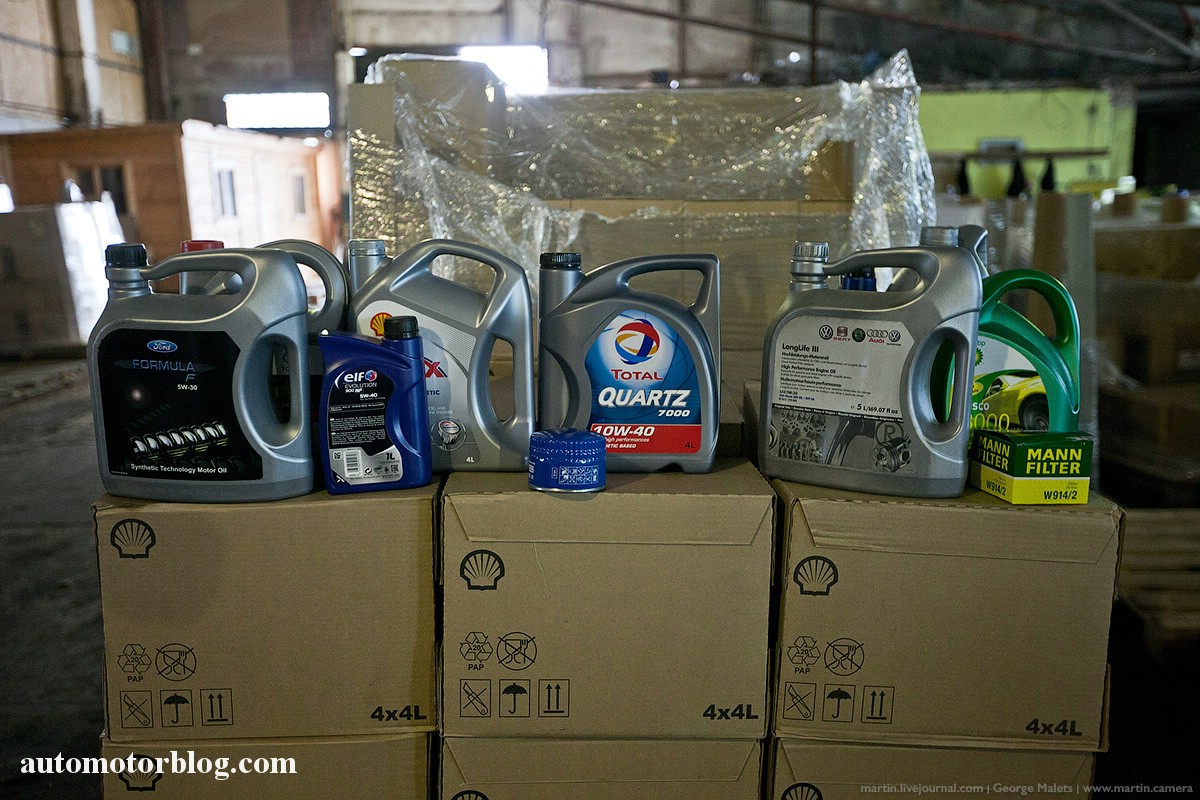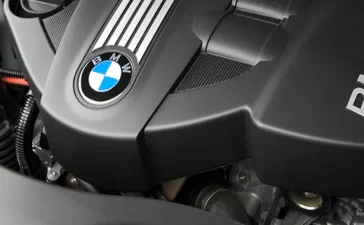Ford encountered a class-action lawsuit due to the defects in the manual transmission of their Mustangs that were produced between 2011 and 2019.
The Ford Mustang itself, being an embodiment of American culture, freedom, and rebellion since its inception in 1964, has created quite a following among car lovers. However, we were to discover that our favorite steed had some problems hidden just below the muscle car facade. A series of frustrating experiences with the manual transmission in Ford Mustangs from 2011 to 2019 led to a class-action lawsuit, shining a spotlight on one of the rarest aspects of car manufacturing: the not-very-pleasant topic of bad transmissions.
A Brief History of the Ford Mustang

In this article, the focus is shifted towards the inner mechanisms of the transmission, namely gears and shifters, but first we will take a closer look at some historical facts regarding the Ford Mustang. First praised by Ford in 1964, it has culminated into being a significant part of history. The Mustang has indeed passed through several generations whereby the current generation is the sixth generation which was improved in 2015. Combining retro design with modern elements and well-proven engines, and, of course, the availability of manual transmissions, the Ford Mustang has remained delightful.
The Issue: Drivers Who Experience Clunky and Uneven Shifting in Their Ford Mustangs
Thus, a manual transmission is an unfulfilled dream of every car lover for one or another reason. The closest feeling to controlling gears, the ability to shift, and the raw response, or rather the reactiveness of the car to the driver, is very satisfying. But from the 2011 model year, Ford Mustang owners have begun to experience problems with their manual transmission, thus reducing their fun factor.
Numerous posts on forums and social networks are devoted to issues like shift quality – irregular or jerky shifts, the sense of rhythmic disconnect between the clutch, accelerator, and gears while shifting, as well as complete transmission breakdowns. These problems were rooted in the design – and, more broadly, the manufacturing – of the torque converter clutch as well as other elements involved in the operation of the transmission. This also shifted the driving experience, and there was the possibility of developing safety issues arising from slippage or failure while cornering or at extremely high speeds.
The Class-Action Lawsuit
This is against the backdrop of regular surging complaints and reports of trans-issues in Ford Mustangs, thus triggering a call for a class-action against Ford Motor Company. The massive lawsuit related to Ford Mustang models from the years 2011-2019 sought a refund on the cost of repair, loss in the value of the car, and other damages arising from the defective transmission. The class-action status avails a group of those who have been immunized by the issue to combine their tally and get a more powerful lawful situation to pursue Ford for the faulty product.
While in court, the plaintiffs asserted that Ford was fully aware of transmission problems and still advertised the affected models while offering the proprietors minimal assistance and compensation. This led to an increased focus on the manufacturing processes of an American auto giant and the necessity of improvements in both quality assurance and disclosure in the automotive sector.
The Resolutions: Recalls and Settlements
As a measure to address the lawsuit, Ford mobilized a recall campaign for the said Mustang models, which involves a total of about 1.3 million cars. This involved rewriting code to the powertrain control module in an effort to enhance the quality of the shifts made by the transmission. But, as history shows, those measures were insufficient for addressing the latter problems; the underlying transmission issues remained, disappointing many owners.
After the lawsuit, Ford agreed to pay out for class-action suit as well as aid the Mustang owners who were defrauded. A part of the settlement provided the class members with a cash compensation for the needed repairs, rental car, and depreciation in the value of the car due to the faulty transmission. Ford also realized to give long-term insurance regarding transmission reparations on the affected vehicles limited period.
Conclusion: A Lesson in the Automotive Industry
The instance of the Ford Mustang transmission failure and the related class action suit with the purchaser serve to show that even the most iconic of vehicles can suffer from defects and subpar quality control. They include issues to do with production procedures, information disclosure, and the company’s behavior once a defective product is identified. Even though the lawsuit or the recall may not solve the problem at least it has put pressure on Ford to own up for its folly and begin the process of compensating the damages.
Automotive systems are interrelated systems of mechanisms and even if an automaker strictly controls the quality of its vehicles on the production line, flaws can happen. Car makers, dealers, and customers should therefore join hands and address these issues with extra care and precaution for customer safety being the ultimate consideration.
And the Ford Mustang – again, the car has demonstrated it has a good sense of survival; it has weathered this particular storm and remains emblematic of American automobile engineering. For those owners stuck dealing with the faulty transmission in their Mustangs, for those who are just driving a Ford Mustang enjoying the open road that it offers, the Ford Mustang remains a symbol of freedom, power, and the American Dream, even if it comes with a few unsavory flaws.












